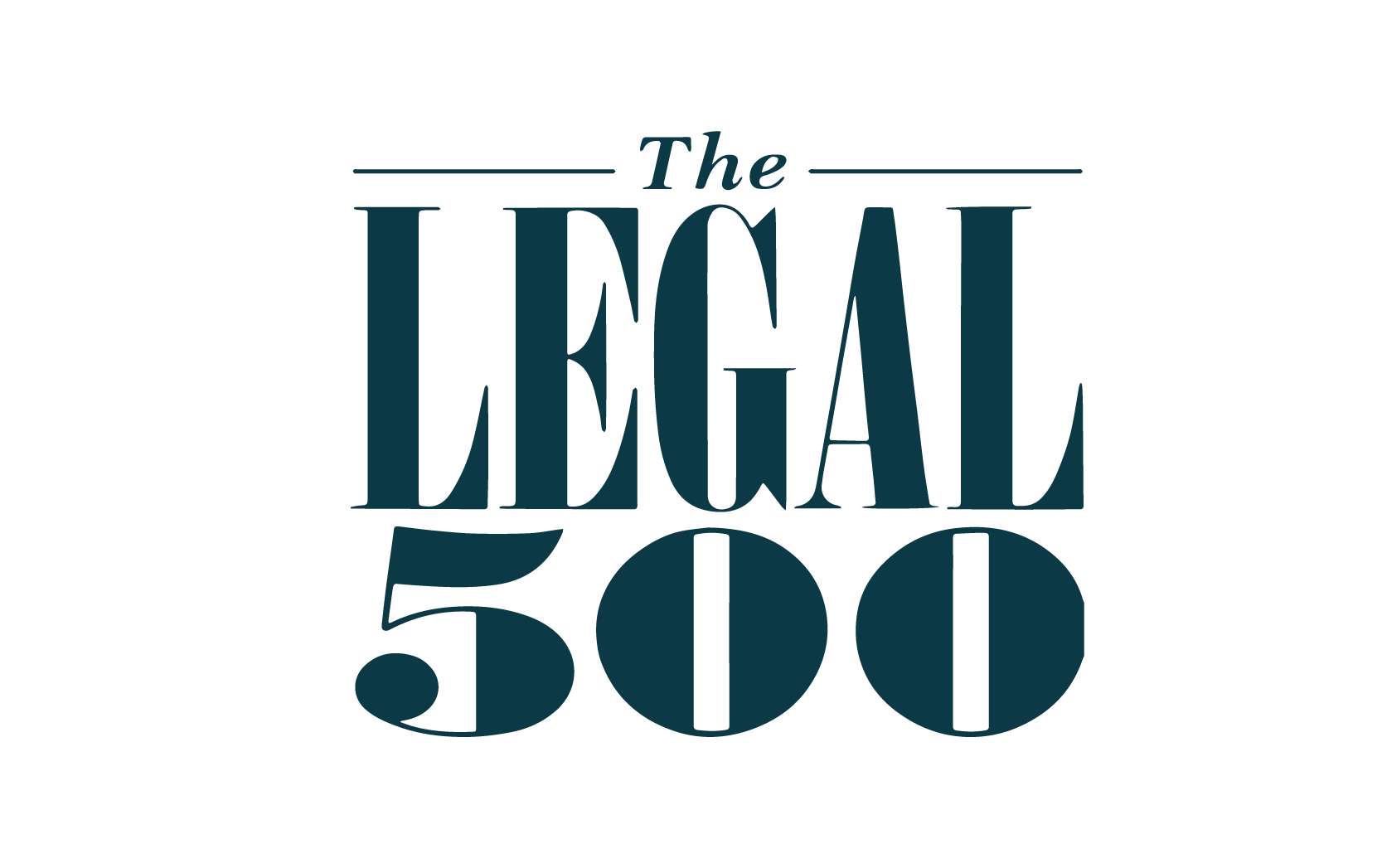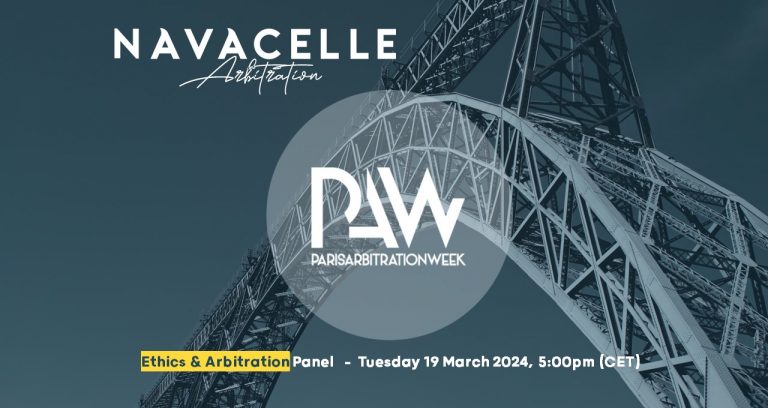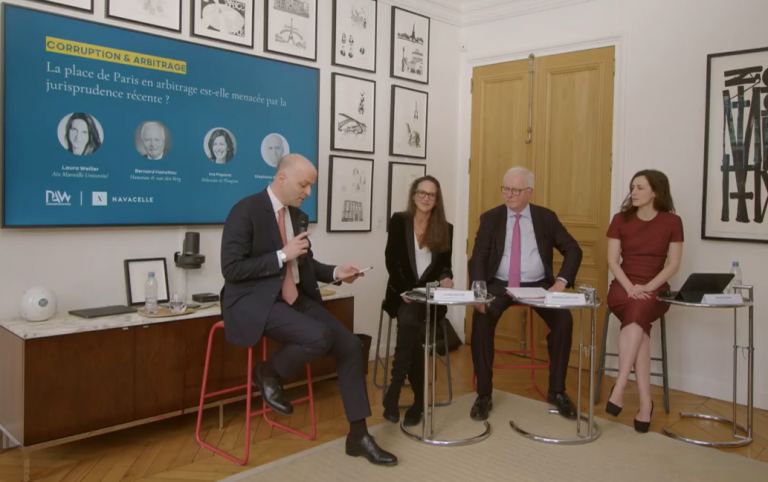Post-arbitration proceedings
After the arbitration proceedings and the award being rendered, judicial proceedings can arise to obtain the annulment of the award or in relation to its recognition and enforcement.
The effectiveness of the arbitration award rests upon its integration into the legal system of the country where its enforcement is sought. Accordingly, public authority is required for the award to be enforceable.
In France, the recognition of the award is a simple procedure. The party must obtain an exequatur order from the competent judge. The judge will not conduct any substantive review at this stage. After the award has been recognized, it may be enforced in compliance with the local rules applicable to enforcement procedures.
At the international level, it is also generally facilitated by virtue of the New York Convention on the Recognition and Enforcement of Foreign Arbitral Awards.
However, a party can challenge the exequatur of the award granted, on the basis of the limited reasons listed in Article 1520 of the Code of Civil Procedure (lack of jurisdiction or improper constitution of the arbitral tribunal, violation by the arbitral tribunal of its mission, failure to respect the adversarial principle and recognition or enforcement of the award contrary to international public policy).
Separately, parties to the award may directly file annulment proceedings before the state judge of the seat of the arbitration. If the seat of the arbitration is in France, the party must then raise one of the reasons listed in Article 1520 of the Code of Civil Procedure.
Whether control is exercised through a challenge to the arbitral award or by appealing the recognition of the award, the review of the judge is minimal and limited to the grounds set out in Article 1520 of the Code of Civil Procedure. It does not entail a review of the merits of the award.
Your challenges
Control the effects and consequences of an award
Enforcing the arbitral award in all relevant jurisdictions
In order to enforce an arbitral award, which is not enforceable in and of itself, it is necessary to have it recognized in the jurisdictions where its enforcement is sought. Specific recognition procedures must be introduced in the countries targeted for enforcement depending on local law.
Preserving the validity of the awards or challenging them if necessary
If arbitration is a private justice system, it remains subject to State control through the set-aside procedure or in the course of the recognition procedure. In that situation, the judge will review the compliance of the award with limited principles, such as international public order rules. These procedures and rules require specific counsel and representation.
Defining and establishing a strategy to enforce arbitral awards
The disputes referred to arbitration are often international. Accordingly, enforcement of awards can frequently be cross-borders. In order to ensure an efficient enforcement of the award and the recovery of assets, it is necessary to plan said enforcement by identifying assets, have the award recognized in relevant countries and introduce enforcement measures where it is possible or necessary.
Our way
Comprehensive assistance to obtain compensation or introduce necessary challenges
A command of post-arbitral proceedings
We frequently assist clients, as claimants or respondents, before French courts or foreign courts, with the help of local counsel, in set-aside proceedings and in recognition and enforcement proceedings.
An international network of leading foreign attorneys
We rely on our network of trusted partners in order to offer our clients the best and most relevant advice during foreign proceedings.
A full service to set-up post-arbitration strategies
Our team works with professionals of enforcement proceedings (bailiffs, investigators, experts, etc.) in France and abroad in order to track assets, set-up enforcement strategies and introduce necessary proceedings to enforce awards or to identify ways to challenge them.












